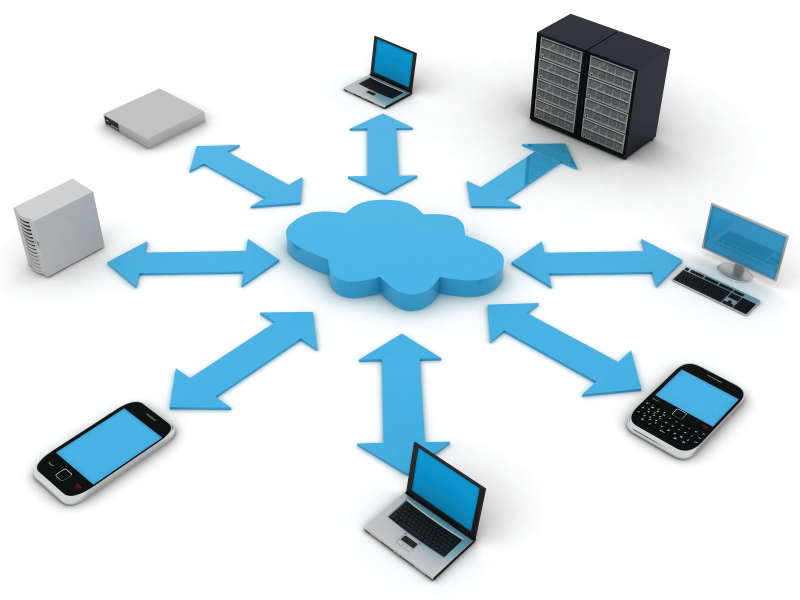By Langley Barth.
A hotly debated topic in the accounting profession right now is the difference between hosted and cloud native software, and which works best for your firm. I want to take this opportunity to debunk a few myths regarding the topic and take the cloudiness out of the cloud.
Myth: You can work anywhere with hosted or cloud native
Truth: You can only truly work from anywhere with cloud native software, which allows you to log on from any device. Hosted software doesn’t allow you to log on from any device, therefore you have to plan ahead of time. In this situation, you must have a download of the software on the device you plan to use, which can be inconvenient and inefficient.
Myth: Hosting users can all access the same data to collaborate
Truth: But its scalability can be complicated to manage. Every user needs an additional Hosting seat, which often comes at a cost. Frequently, once a firm has paid for all software required to collaborate and fulfill their workflow via Hosting, the price will exceed that of cloud native software.
Myth: Desktop Hosting enables seamless integrations
Truth: Desktop + Hosting can integrate, but hosting multiple programs can end up being complex and expensive. It’s important to keep in mind the additional licenses that will need to be paid for each individual software your firm’s workflow requires. Often, desktop integrations end up looking more like data “import” vs. true data integrations that can be built between cloud programs. Cloud native computing, on the other hand, can integrate more seamlessly with other cloud-based applications, providing businesses with access to the latest software and technology.
Benefits across both Desktop Hosting and Cloud Native
While they are very different offerings, there are several common benefits. As you decide which option may be the best for your firm, keep these cloud native benefits in mind:
- IT software updates and improvements can be deployed immediately, without the need to assign time or expertise to the tasks. Cloud native, as an added bonus, doesn’t have any installations – it’s accessible in the browser. This frees up resources that can be used elsewhere, reducing overall IT costs and allowing for true collaboration and business continuity.
- Security is another benefit. Your data and programs generally live on distributed servers with numerous layers of protection that typically adhere to stringent security standards. This removes some of the work (and stress) that individual firms need to do to keep their data and their client data protected.
Thanks for reading CPA Practice Advisor!
Subscribe Already registered? Log In
Need more information? Read the FAQs
Tags: Benefits, Cloud Technology, Firm Management




